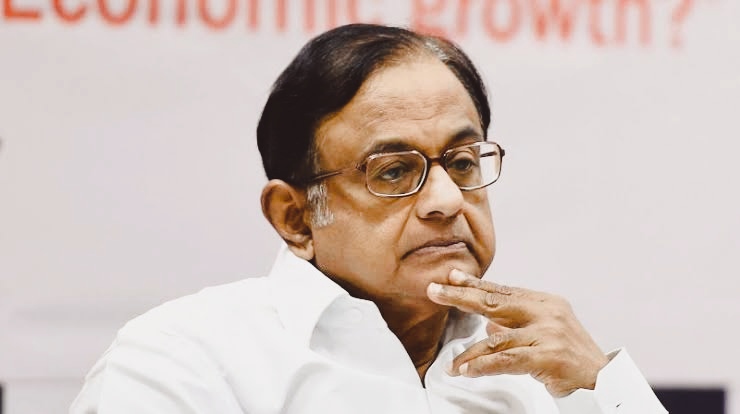In the rapidly evolving landscape of Indian media, the emergence of loud, sensationalized news channels has raised concerns about the role they play in shaping public discourse, particularly among the youth and voters. While journalism is traditionally regarded as the fourth estate, holding power accountable and informing the public, the rise of these channels has highlighted a disturbing trend of politicized agendas, divisive narratives, and the erosion of journalistic integrity.
**Sensationalism Over Substance:**
Loud Indian news channels often prioritize sensationalism over objective reporting. Sensational headlines, dramatic visuals, and sensationalized debates become the norm, overshadowing the nuances and complexity of critical issues. This approach captures attention and drives ratings, but it comes at the cost of balanced and informed discourse.
This sensationalism is particularly concerning when it comes to political coverage. Instead of facilitating informed discussions, these channels often resort to hyperbolic rhetoric and personal attacks, which not only undermine the democratic process but also hinder the audience’s ability to make informed decisions.
**Politicized Agendas and Partisanship:**
The influence of political agendas on news reporting has become increasingly evident. Some channels align themselves with specific political parties or ideologies, leading to blatant partisan reporting. This kind of bias has far-reaching consequences, as it not only exacerbates political divisions but also erodes public trust in journalism as an unbiased source of information.
The youth and voters, who are often more impressionable and reliant on media for information, can easily fall prey to such skewed narratives. Instead of being empowered with a diverse range of perspectives, they may be subjected to a one-sided portrayal that limits their ability to make informed decisions.
**Impact on Youth and Voters:**
News channels play a significant role in shaping the opinions and perspectives of the youth and voters, who form the bedrock of any democratic society. When news becomes a platform for sensationalism and polarized narratives, it has the potential to distort perceptions and skew public opinion. The impact is far-reaching, as it affects the collective consciousness of a nation, often leading to a distorted sense of reality.
Channels that focus on drama rather than substantive reporting inadvertently contribute to a generation of citizens who are more reactive than reflective, more divisive than united. In the long term, this can have serious implications for the health of the democratic fabric.
**Restoring Journalism’s Credibility:**
The decline in the quality of news reporting raises the question of how to restore credibility to journalism. Journalistic ethics, objectivity, and a commitment to truth should be upheld at all times. Media organizations need to prioritize responsible reporting over ratings and clicks, aiming to inform rather than inflame.
Additionally, media literacy among the youth and voters is crucial. Education in critical thinking and discerning credible sources is necessary to empower individuals to make informed decisions and resist the allure of sensationalism.
**Conclusion:**
Loud Indian news channels have a powerful platform that can either enhance or undermine the democratic process. Journalism’s core values of accuracy, impartiality, and a commitment to the truth must be reinstated. The role of media in shaping the youth and voters’ understanding of the world is a significant responsibility, one that must be approached with integrity and diligence to ensure a thriving and informed society.
*Disclaimer: The views and opinions expressed in this article are those of the author and do not necessarily reflect the official policy or position of any organization.*





